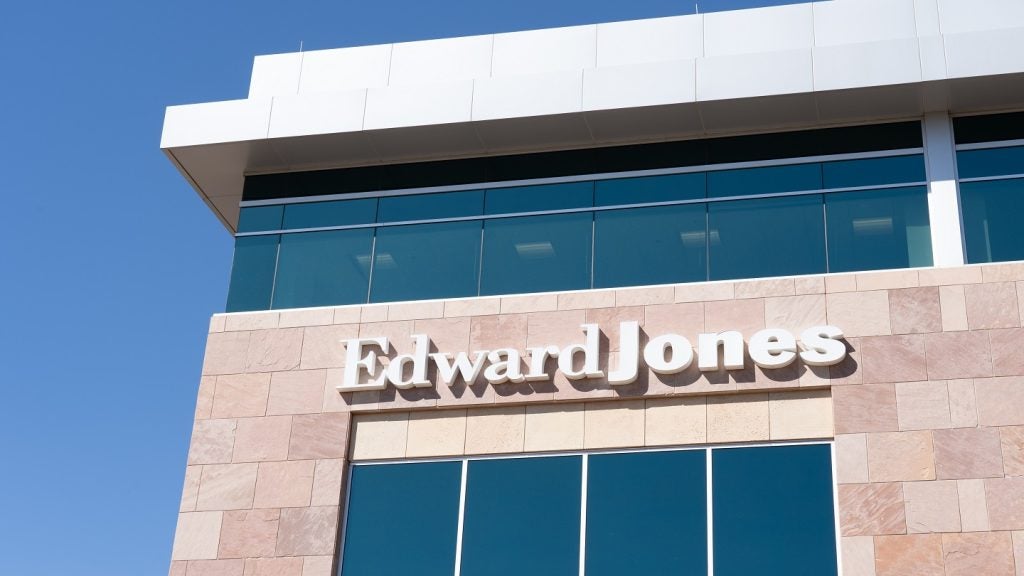American Express Bank, Standard Chartered Private Bank is deepening
its wealth proposition by underscoring its Asian credentials to the
region’s wealthiest expatriates. Dan Jones
reports.
Standard Chartered Private Bank has launched two financial services
initiatives under its global client banner, and will now provide
tailored services to Indian and Koreans living across the globe.
With its expertise and heritage centred round Asian markets, the
bank is now rapidly expanding through both acquisitions and organic
growth.
Standard Chartered Private Bank was launched in May 2007 and has
already amassed $35 billion in assets under management (AuM), in
part due to its acquisition of American Express Bank, a deal
completed in February 2008.
Peter Flavel, global head of the Private Bank, says that the
integration process is on target and claims “there was no more
strategically compelling private banking transaction available to
us.
“American Express were strong in terms of their infrastructure
while we on the other hand were very strong with out distribution
network,” Flavel explains, adding that Standard Chartered now
benefits from a Geneva booking centre capability, wrap account
functionality and trusts and fiduciary services. “Part of my role
would have been to build out these capabilities if we hadn’t done
the acquisition.”
The fit may be complementary but Standard Chartered group chief
executive Peter Sands said last month that building the private
bank “takes time and the return on our investment takes time”.
Sands expects the private bank to become a material contributor to
the bottom line in 2009, but for now it continues to push its
wealth management offering with a string of initiatives and new
hires.
At a senior level, the private bank has created new regional and
global positions such as head of investment advisory (Gary
Tiernan), head of strategy implementation and new ventures (Gil
Schmidt) and global head of relationship management (Morteza
Farzaneh). New advisers are also being hired; 200 to 300
relationship managers over the next three to four years remains the
bank’s target, one that has not been affected by the slower growth
now seen in Asia.
Flavel is keen to emphasise that the bank’s outlook is global, but
acknowledges “clients are generally going to be looking towards
leveraging our expertise in growth markets, whether they live in
London, Miami, India or the Middle East”.
Standard Chartered is the largest foreign bank in both India and
Korea, and the new programmes aim to provide value-added services
to the Indian and Korean diaspora. The bank says there are, for
example, 375,000 Indian high net worth individuals (HNWIs) living
across the globe.
“The Indian entrepreneurs we are dealing with want us to help them
connect with our network. So they are looking for an international
bank with capabilities across Latin America, Asia, the Middle East
and increasingly into Africa as well,” Flavel comments.
Value added services provided as part of the Indian programme
include estate planning, art advisory services and a philanthropic
programme, designed to tap into what Flavel sees as non-resident
Indians’ strong connections to their ancestral home.
In Asia, Standard Chartered is far from alone in believing that the
Chinese market offers “one of our biggest opportunities”. The bank
intends to be in 10 locations across the country within the next
three to four years, and is already in place in Shanghai, Beijing
and Shenzhen.
“We are still forecasting that the markets of India and China are
going to grow at 7 and 9 percent. But we are not advising clients
to invest across the board into India and China, because there are
parts of each market that have become a little frothy.”
That sentiment could also apply to markets such as Vietnam,
troubled by high levels of inflation, and Taiwan, which is likely
to be impacted by the American slowdown as a result of its strong
trade ties with the US.
Flavel maintains that “we’re still seeing a strong flow of money
emanating from Taiwanese businessmen,” and Standard Chartered’s
commitment to Vietnam is evidenced by the upping of its stake in
Asia Commercial Bank. That is supported by an increasingly
welcoming regulatory environment, the bank being given the green
light to locally incorporate in Vietnam earlier this year.
The rise of emerging markets is not the only powerful wealth
management narrative to which the bank subscribes.
A long-standing alliance with family office Fleming Family &
Partners (FFP) ensures that it can adequately serve the needs of
ultra high net worth individuals – defined by the bank as ‘key
clients’ with more than $50 million in assets.
Over half of Standard Chartered Private Bank’s business is now in
the ‘key client’ segment, says Flavel, who does not share the view
that family offices represent a threat to private banking
propositions.
“I see them as complementary,” he says. “Clients want our expertise
to invest their money and then they’re looking for a
fully-outserviced back office to meet the accounting tax needs of a
wide group of multi-generational parts of the family. When wealth
becomes so dispersed, its actually quite difficult for any one part
of the family to look after all parts of the family – so it makes
sense that they look to the likes of FFP.”
While the bank has moved to gain global capacity, Flavel declares
that the bank will retain its focus on emerging markets.
“I don’t seek to compete in the high street of London with UK
private banks, for example,” he says. “We will be sticking to what
we are good at and what we are known for, but on a global
basis.”







